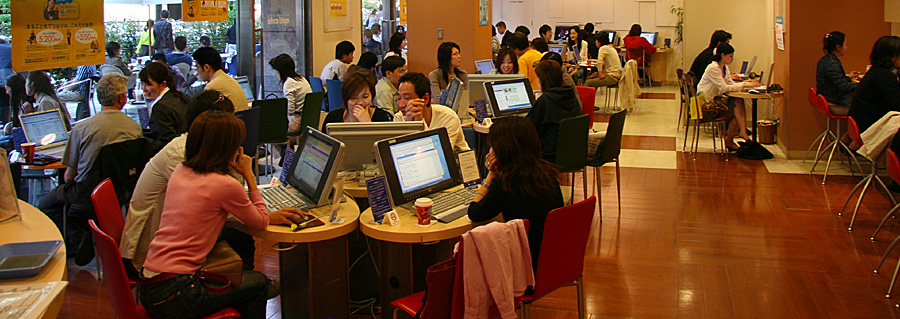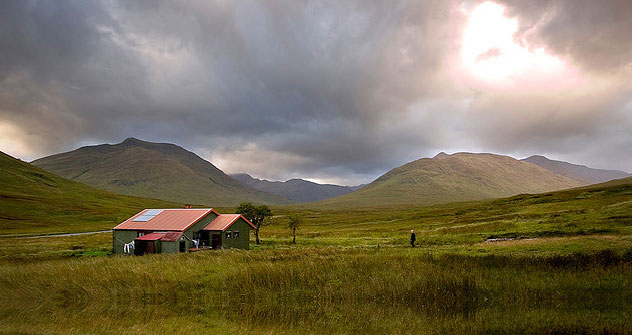Privacy Online When Traveling Abroad

When traveling, some people love to pack every digital device they could possible need, from their smartphone and camera to their laptop. Other people, though, prefer to travel much lighter.
Thanks to Internet cafes, which are located practically around the world, it’s still possible and easy to get online and access your information even without a computer in your luggage.
However, logging on when you’re abroad and without your own devices can mean serious privacy risks. How can you protect your online presence and still access all the information you need?
Google
Google is the most private, secure and protected way of getting online, even when you’re in risky Internet settings. This is because Google always uses an extremely secure HTTP default. If you don’t have a Google Mail account, set one up and only use that specific e-mail address when traveling. If you need to access your documents or calendar when traveling, use Google Docs and Google Calendar instead of other applications.
Social Media Applications
If you’re using a public computer – or even just public WiFi from your own computer – it’s safest to stay away from your social media accounts, no matter how badly you want to see what your 800 friends are doing. On social media platforms like Facebook, your login information is encrypted so that people can’t access your account. However, that’s about the only thing that stays private. Your e-mail address and profile ID is pretty much up for grabs. Also, serious hackers will know how to connect to your social media accounts and pretend they’re you.
Banking
It may be difficult, but before you leave for vacation, do whatever you need to so that you don’t have to access your financial information when traveling. Banking online in public settings is extremely risky. If you must log on to your bank when traveling, your best option is to use Anonymizer. This service lets you surf the web safely, since it routes your activity through an encrypted connection instead of a public server.
USB Sticks
The cloud is amazing technology, allowing you to access everything you need without having to carry any devices with you. However, the cloud isn’t perfect yet, and you could be risking quite a bit if you use the cloud on unprotected computers. Instead of taking a big chance, carry two USB sticks with all of the information you need. Make sure to use USB sticks that are secure and require a password to access. That way, if you lose them, strangers won’t be able to get your info. Ideally, include the same information on both USB sticks, so if something goes wrong with one, you still have the other.
Keepass
One app that you absolutely need to store on your USB sticks is Keepass. This app lets you safely store all of the information you can’t live without, especially when traveling. Store your passwords on Keepass, since this is the best way to keep them protected. Also, scan in your documents and keep copies on your Keepass. Include the following documents:
Birth Certificate
Driver’s License
Health Insurance
Medical Records
Passport
Travel Insurance
Vaccination Information
Visas
Keep in mind that if you happen to lose your passport or driver’s license while traveling, a scanned copy isn’t going to be accepted. However, you will have the information you need to order new hard copies.
Skype
When traveling, you’ll want a way to communicate with friends and family back home. Using a phone internationally can be expensive and talking online isn’t always safe. Skype is the best way to communicate with people when you’re away from home, since it’s the most secure way to video chat and instant message. Just make sure that you don’t accidentally choose to let the Skype app store your login information or history.
Gemma Hobbs has extensive experience as a travel consultant. She enjoys sharing her insights on various blogs. Click here for travel insurance information.







